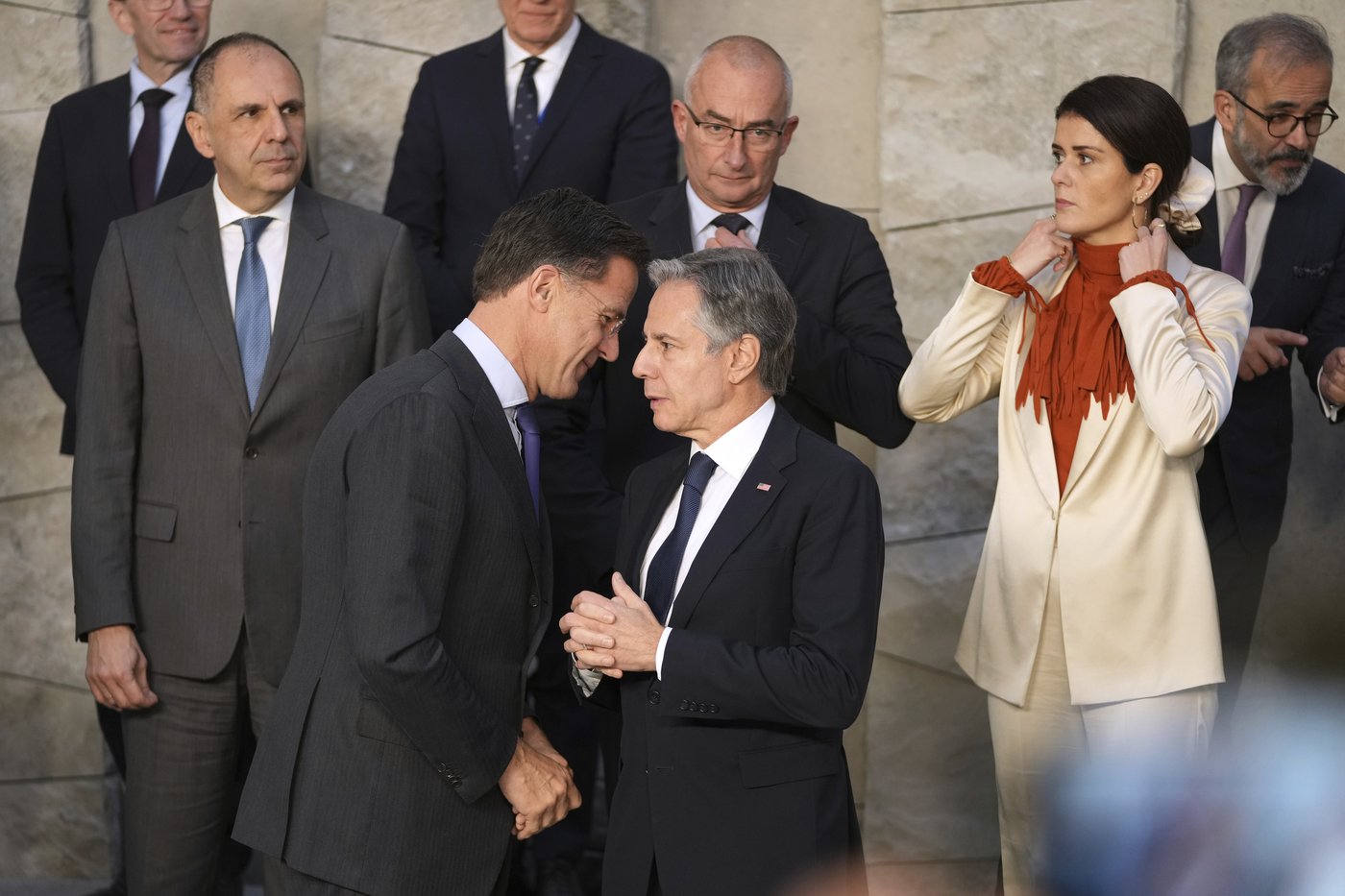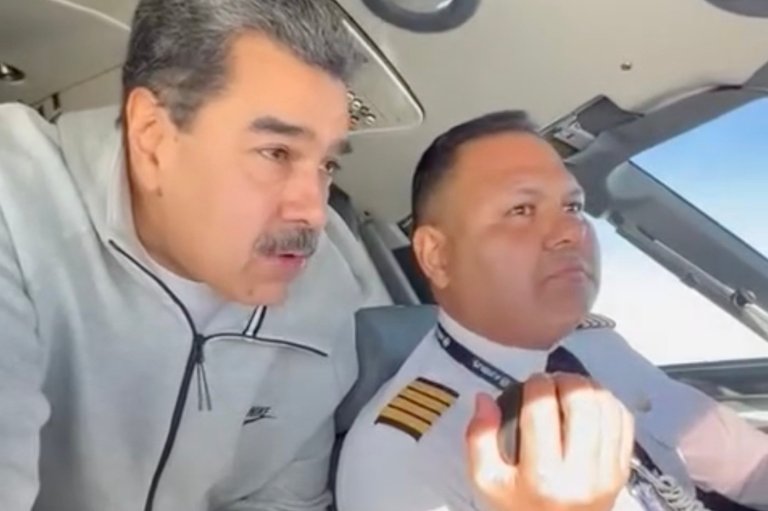NATO chief urges European allies to ramp up defense spending as Trump returns to White House

BRUSSELS (AP) — NATO Secretary-General Mark Rutte led a fresh push Wednesday for European countries to ramp up defense spending, a budget shortfall that President-elect Donald Trump used to berate U.S. allies during his first term in office, severely damaging trust.
After Russia annexed Ukraine’s Crimean Peninsula a decade ago, NATO leaders agreed to halt the defense cuts that began when the Cold War ended and move toward spending 2% of GDP on their military budgets.
Since Russia launched its full-fledged invasion almost three years ago, the leaders have agreed that the 2% target should be the floor rather than the ceiling for defense spending. On average, U.S. allies combined meet that figure, but around a third of the members still do not individually.
Trump, who takes office on Jan. 20, threatened not to defend “delinquent” countries. NATO is founded on the principle that an attack on any member must be considered an attack on them all. Trump’s remarks undermined confidence that the U.S. could be counted on in a crisis.
“If you want to keep the deterrence at the present level, 2% is not enough,” Rutte told reporters after chairing a meeting of NATO foreign ministers in Brussels. “We can now defend ourselves and nobody should try to attack us. But I want that to stay the same in 4 or 5 years.”

In July, U.S. President Joe Biden and his NATO counterparts endorsed the biggest shakeup of the way the military alliance would respond to any attack on its territory by Russia since the Cold War. It was meant to deter Moscow from targeting any of the 32 allies.
Under highly secret new plans, NATO intends to have up to 300,000 troops ready to move to its eastern flank within 30 days. The plans lay out which allies would respond to an attack anywhere from the Arctic and Baltic Sea region through the Atlantic and east to the Black Sea.
But senior NATO officials concede that countries might have to spend up to 3% of GDP to execute the security blueprint successfully. A new spending target is likely to be announced next year. Rutte also said NATO might set specific targets for member countries to fill military equipment gaps.
U.K. Foreign Secretary David Lammy insisted that “the time to act is now.”
“We’re living in very dangerous times,” he said, singling out Russia and its role in conflicts in the Middle East and Africa, on top of its war on Ukraine. “We urge all allies across the NATO family to get serious about defense spending.”

On his last visit to Brussels for a NATO meeting, the U.S. Secretary of State Antony Blinken said that “this is a time for every ally to lean in, not lean back.” The United States is by far the organization’s most powerful member country.
“A stronger NATO means more capabilities to deter aggression, more effective allies to meet more complex challenges, and the peace and stability that allows our people to pursue fuller lives,” Blinken said.
Rutte also underlined the importance of expanding Europe’s defense industry, with incentives to drive companies to set up more production lines and hire more workers to staff them, as Western support for Ukraine drains armament stocks.
“We are producing not enough at too high prices, and the delivery is too slow,” he said. “We cannot have a situation where we just pay more for the same, and we see large kickbacks to the shareholders.”
Rutte urged the allies “to work closely together to make sure that we produce at a much higher rate and acceptable prices.” He noted “a number of countries who are now buying South Korean (equipment) because our own defense companies are not producing at a rate we need.”







Join the Conversation!
Want to share your thoughts, add context, or connect with others in your community?
You must be logged in to post a comment.
















